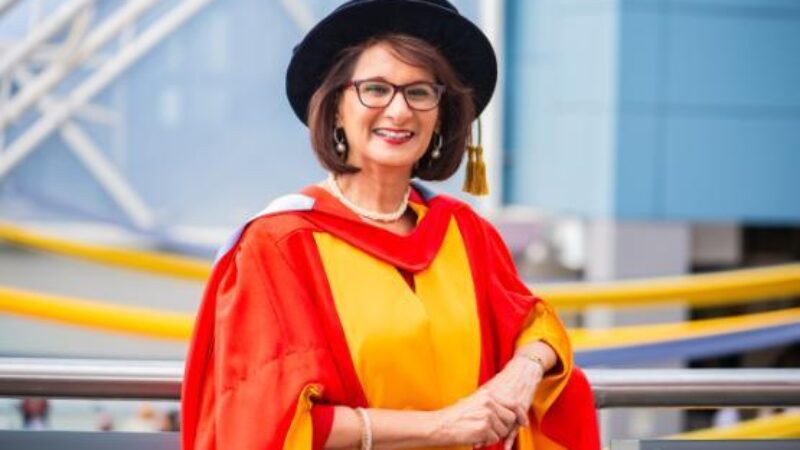
Associate Non-Executive Member
Professor Shahina Pardhan graduated with a First Class BSc in Optometry and PhD in optometry from University of Bradford. She was appointed as the first female professor of Optometry in the UK (2001). In 2025, Professor Pardhan was honoured for services to optometry and preventing blindness, in the King’s New Year’s honours list, receiving the title of Officer of the Most Excellent Order of the British Empire (OBE).
She is listed in the World Top 2% Scientists List published by Stanford University in 2022. She also holds many accolades including; the Best Final Year Student Prize, Asian Women of Achievement Award – Professions category (2001), Asian Jewel Award – Health Care and Education category (2005), Research Excellence Award (The Arthur Bennett Prize for outstanding research undertaken anywhere in the world) by the College of Optometrists (2022), and an Honorary Doctorate of Health (2023), various Vice Chancellor’s Awards for Excellence, British Asian Woman’s Award (2024), Silver Medal by the Worshipful Company of Spectacle Makers (2024) and a Life Fellow by the College of Optometrists (2024).
Professor Pardhan is the Director of world leading Vision and Eye Research Institute, and Director of Centre for Inclusive Community Eye Health, based within the School of Medicine at Anglia Ruskin University, Cambridge. Strongly believing that research needs to have impact, she has found innovative ways to translate her research findings from over 200 research publications into interventions that have improved heath inequality of people who are underserved and are at high risk of blindness. This has included developing culturally and linguistically appropriate diabetic awareness videos and information material for people of Asian origin, benefitting over 125,000 people not just in the UK but also in Nepal, Thailand, China, and India.
Professor Pardhan leads the leadership portfolio for Women in Vision UK and was named as a Champion for Change in the Ophthalmologist’s Power list in 2019, one of 10 people in the world named as such. She is profiled as a role model- featuring in the College of Optometrists website on International Women’s Day. She has written many invited editorials and media pieces including ‘Breaking the glass ceiling in Academia’ and podcasts to support women in their career progression.
Professor Pardhan a trustee of two charities, ‘Visionary’ and ‘One World One People’. In 2001, she led a group of optometrists to remote parts of north Pakistan to carry out eye tests and provide spectacles to people, some of whom had been blind for many years. She recalls this as the most rewarding experience of her life.